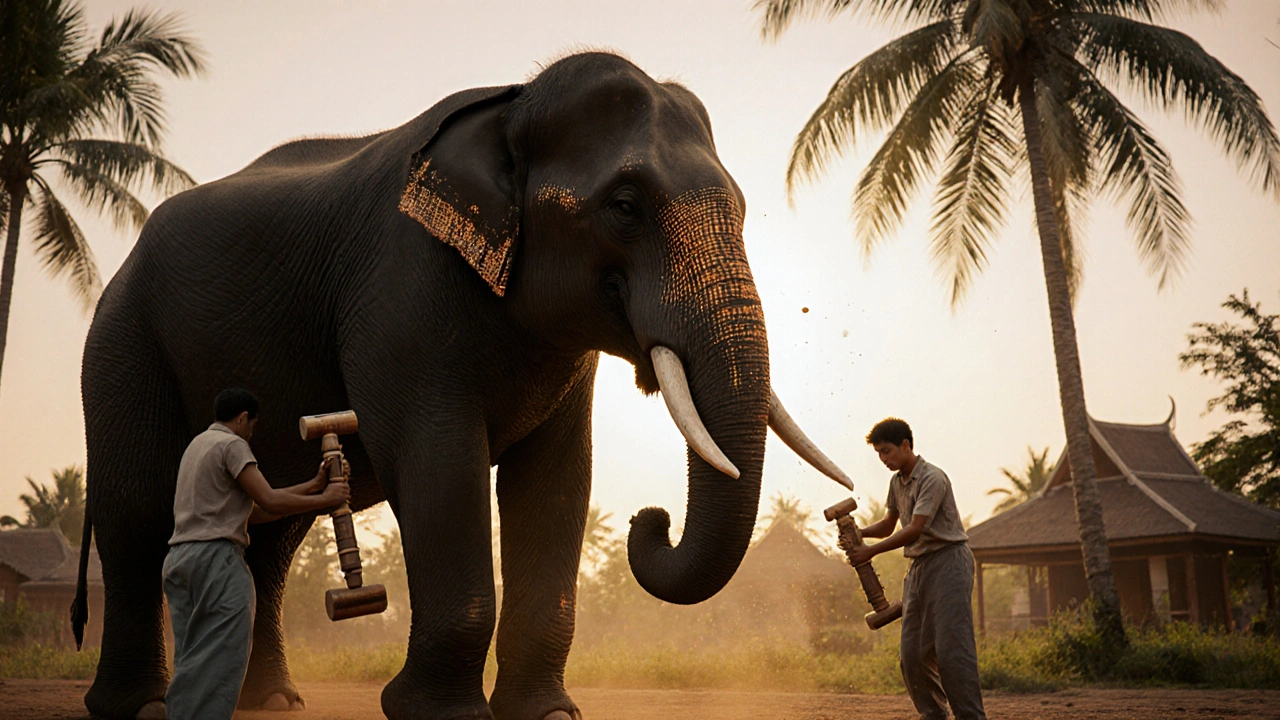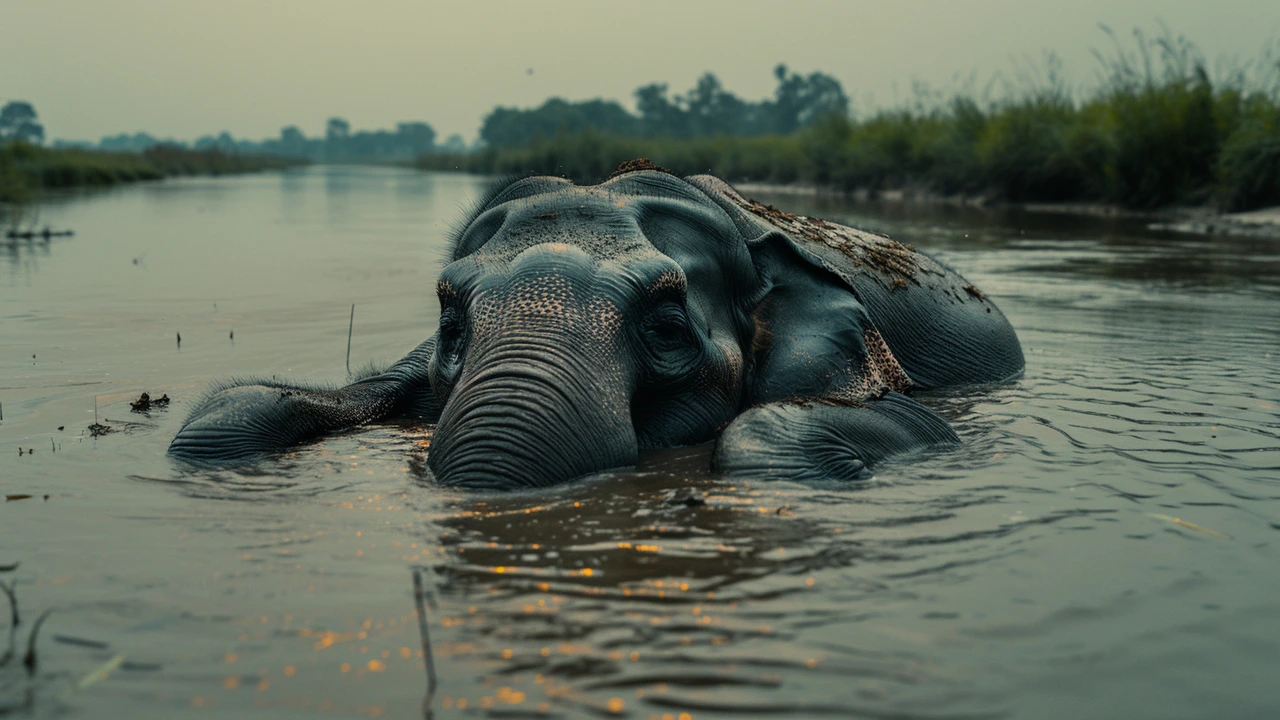Elephant massage: what it is and what to ask
Seen "elephant massage" on a tour menu and wondered what that actually involves? Most experiences mean guests gently rubbing or brushing an elephant after a bath, sometimes under staff guidance. It looks cute, but whether it's good for the animal depends entirely on how the program is run.
Some sanctuaries offer real care: elephants are loose with their herd, vets check them, and keepers use positive reinforcement. Other places use similar words to sell tourist shows or rides that harm elephants. Your job as a visitor is to pick the humane option and stay safe around a huge animal.
Is elephant massage ethical?
Short answer: it can be, but many common red flags mean it’s not. If elephants are chained, give rides, perform tricks, or are handled with bullhooks, the program is likely exploitative. Ethical centers focus on rescue, rehabilitation, and natural behavior rather than entertainment.
Look for signs of real care: elephants move freely with other elephants, have access to natural food and water, get regular vet checks, and staff explain each animal’s history. If the site is transparent about funding and how visitor fees help care for the animals, that’s a good sign. If they push constant photos, quick interactions, or claim massage "heals" without vet input, be cautious.
How to choose a responsible experience
Ask direct questions before you buy a ticket: Do you allow riding? Are the elephants rescued or born in captivity? How much time do elephants spend with guests each day? Are guides trained in humane handling? If handlers hesitate or give vague answers, walk away.
Practical checklist for the visit: stay behind the guide, don't stand near legs or behind the trunk, follow all keeper instructions, and avoid flash photography if asked. Keep children close and never feed an elephant unless staff provides the food and permission. If you feel unsure, skip the interaction and observe from a safe distance.
If you want to help rather than harm, choose sanctuaries that show clear herd social life, offer educational tours, and let you observe feeding or cleaning routines instead of brief hands-on sessions. Volunteer programs can be good—but read reviews and confirm that work supports care, not tourist photo ops.
Quick pick-three to ask any operator: 1) Do you allow riding or shows? 2) Are elephants free to join their herd? 3) How do visitor fees support care? If answers are honest and animal-focused, the experience is more likely to be humane. Make choices that protect the animals and keep you safe—that’s the real win from any visit labeled "elephant massage."

Elephant Massage: How Touch Therapy Is Transforming Elephant Welfare
Elephant massage is transforming animal wellness by reducing pain, lowering stress, and building trust in captive elephants. Learn how this gentle therapy is changing lives in sanctuaries around the world.

Elephant Massage: A Journey into the World of Animal Wellness
Welcome to my incredible journey into the world of elephant massage and animal wellness. It's a delightful trek revealing the fascinating techniques of exotic animal therapies like never before. This blog post promises to immerse you into the extraordinary world of these gentle giants and the stunning role they play in the wellness of the wildlife ecosystem. Get ready to be inspired and intrigued. Make sure to join me on this exciting adventure!
Categories
- Health and Wellness (149)
- Alternative Therapies (96)
- Massage Therapy (40)
- Travel and Culture (15)
- Beauty and Skincare (9)
- Holistic Health (8)
- Health and Fitness (6)
- Spirituality (5)
- Other (2)
- Personal Development (2)



